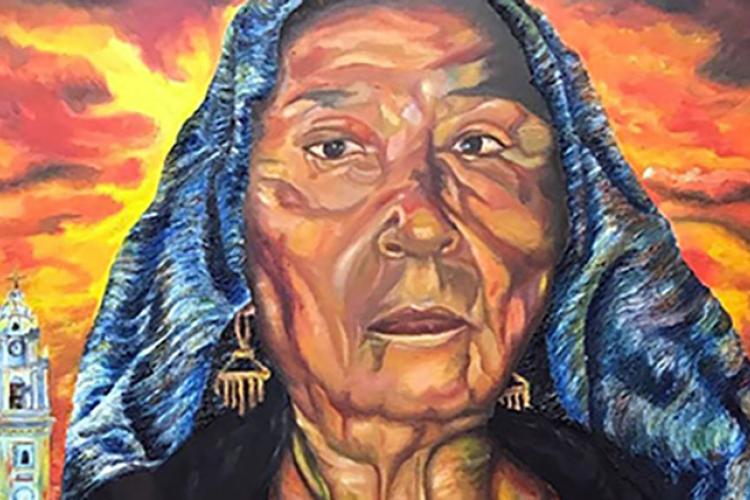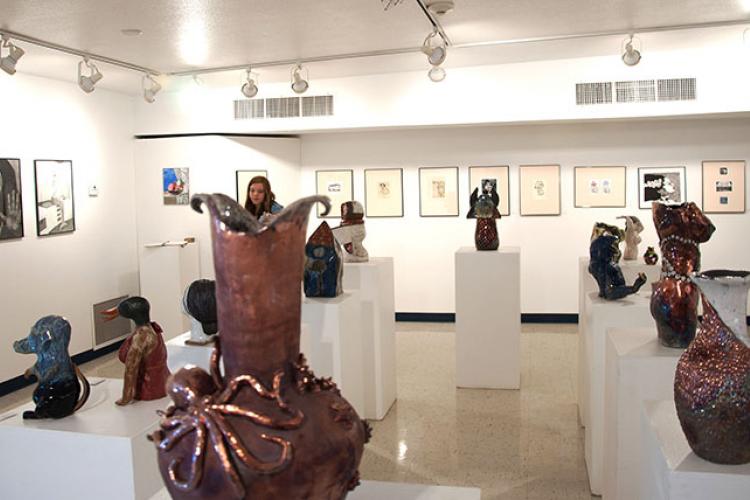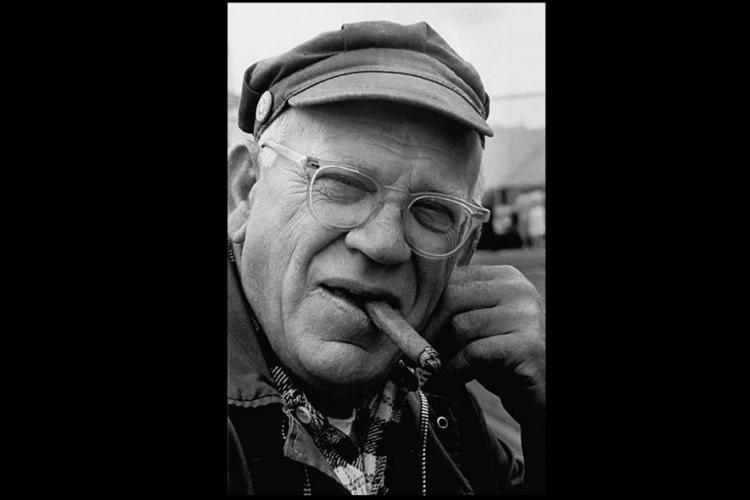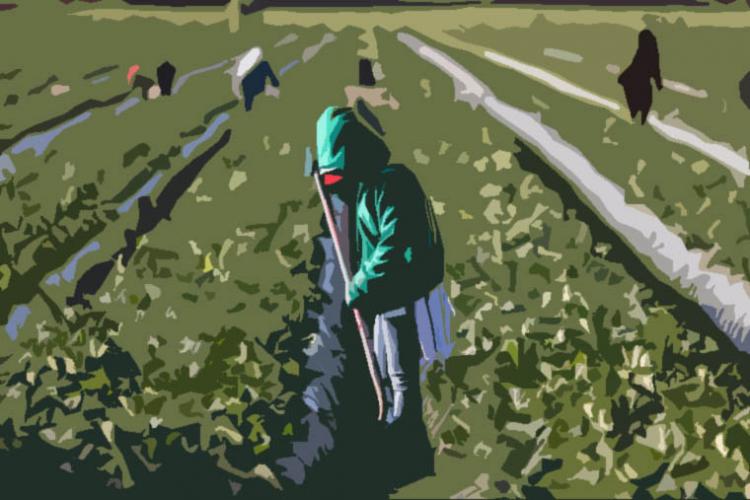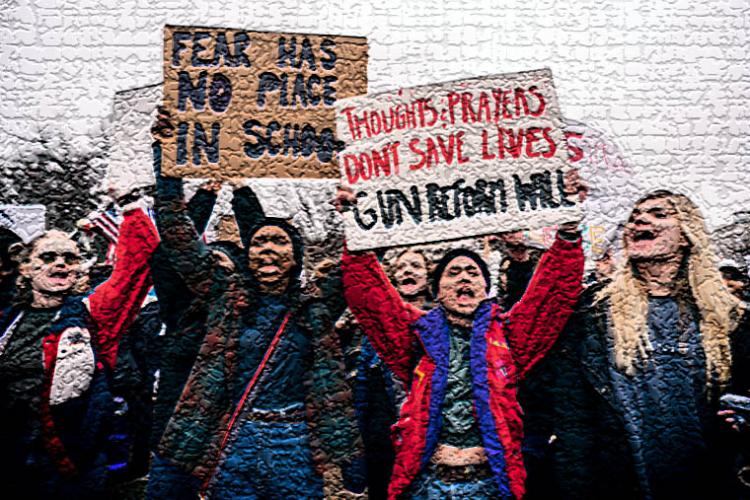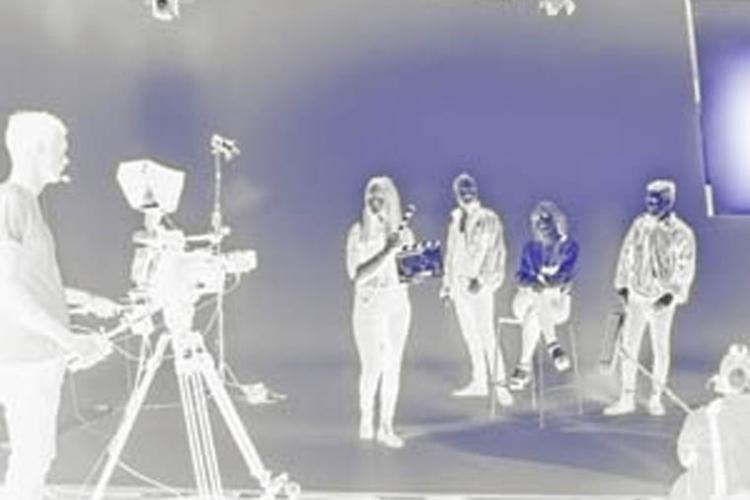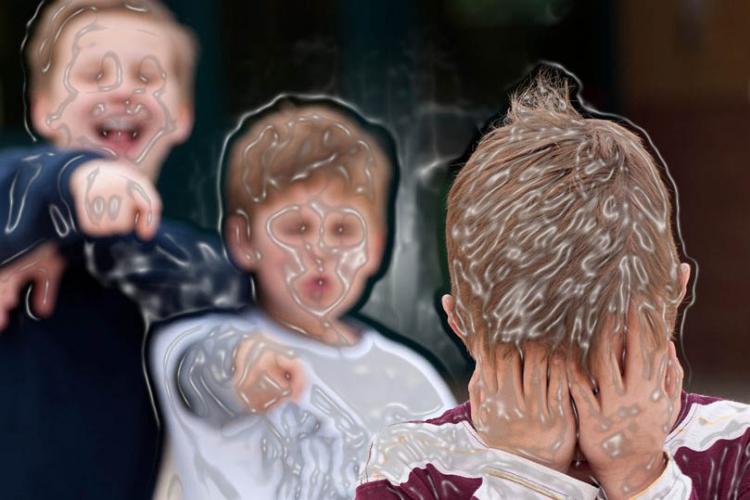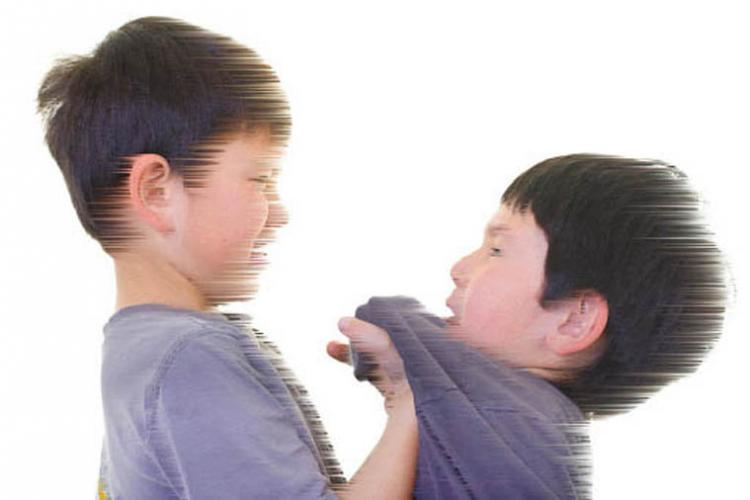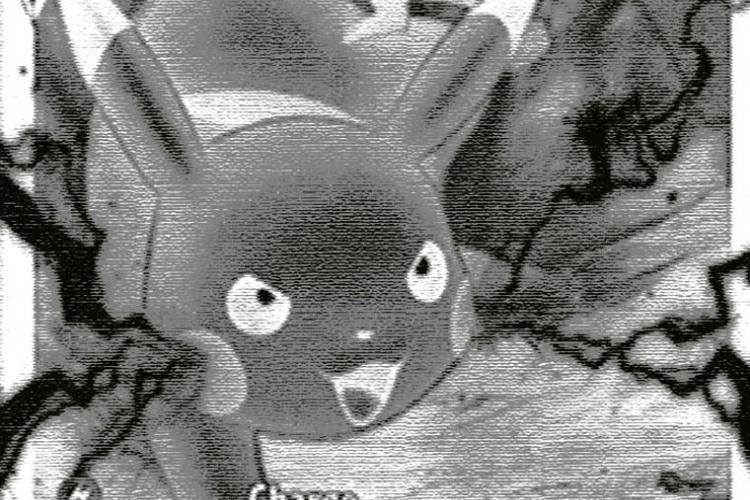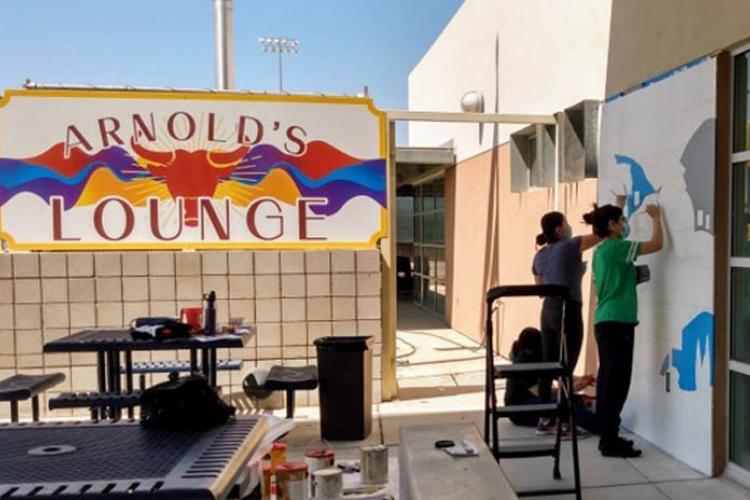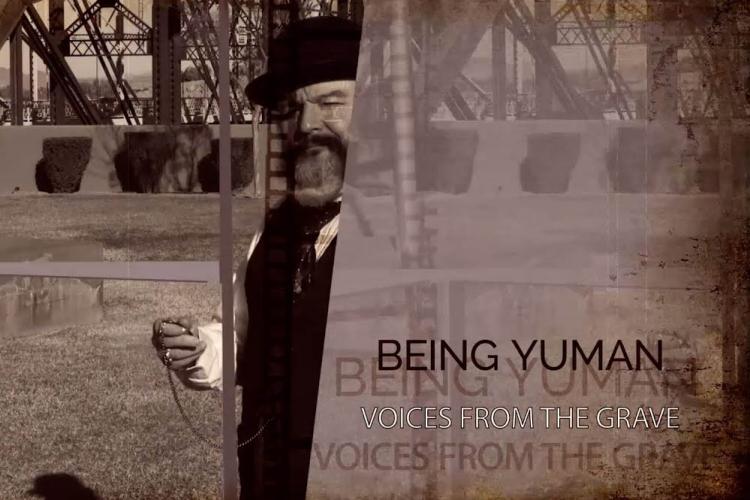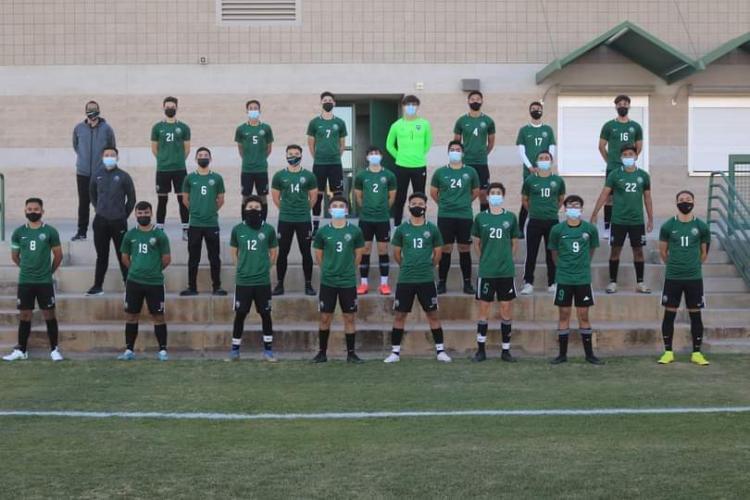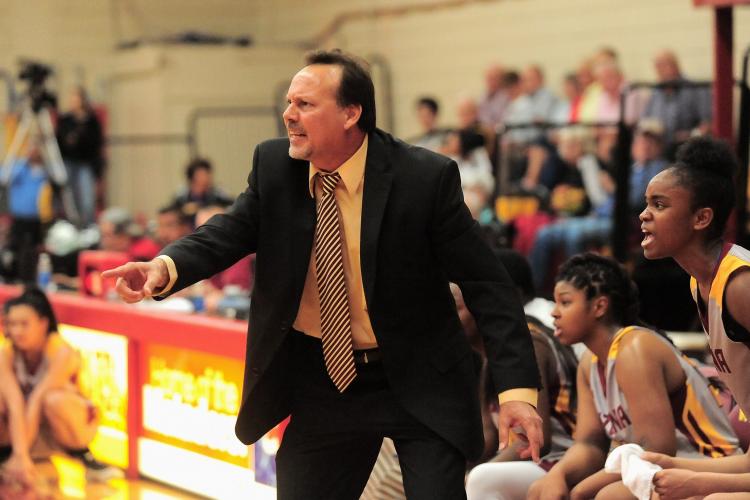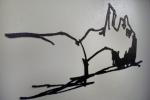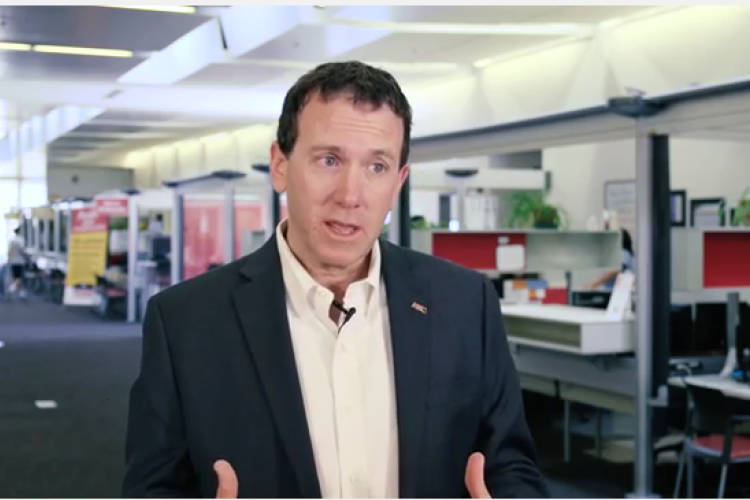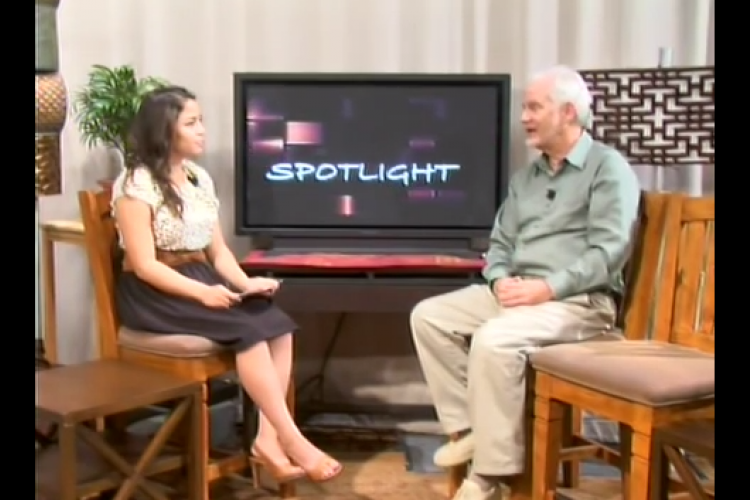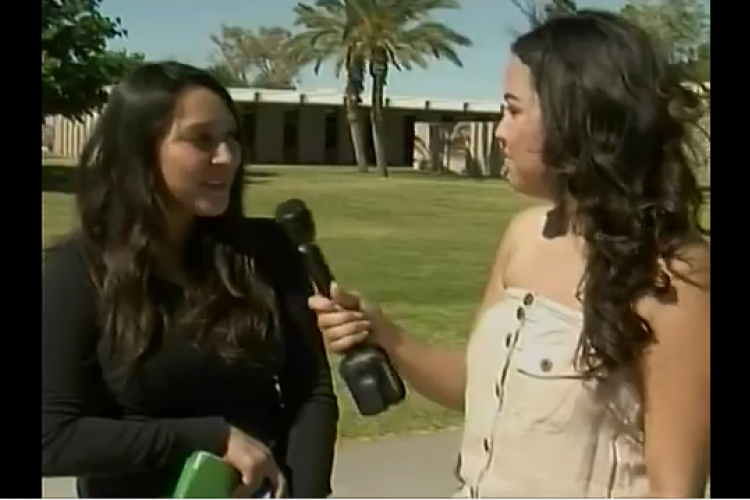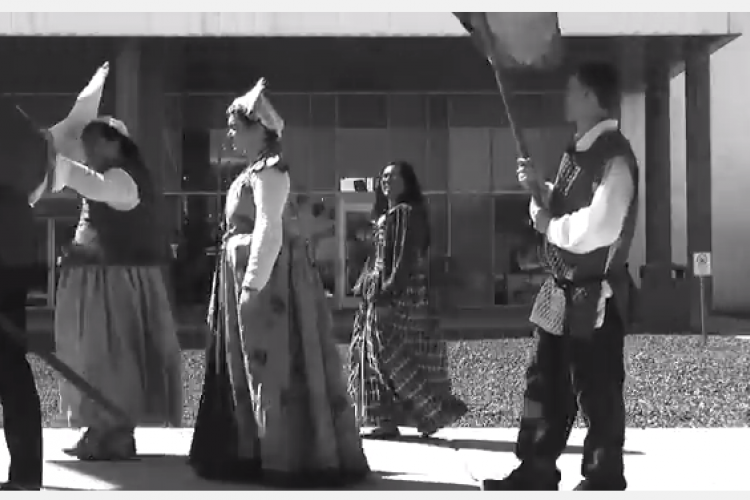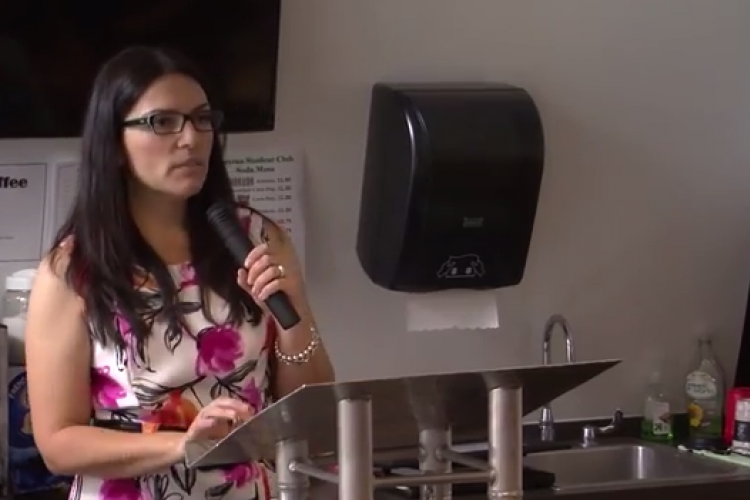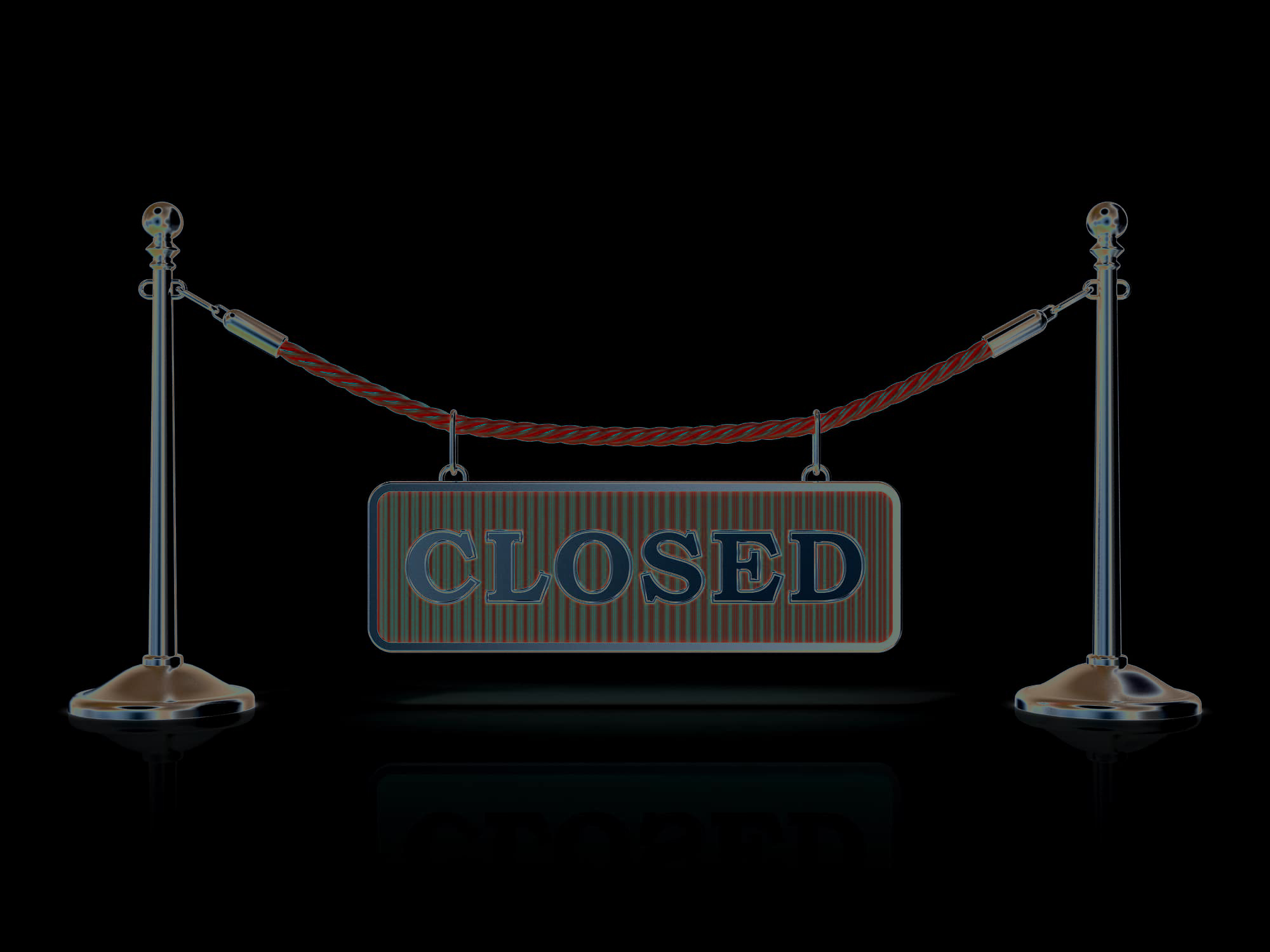
The pandemic has forced everyone in education to find different ways to operate. At Arizona Western College, the Theater Program is one of the most deeply affected.
“I am AWC’s Theater Department,” Theatre Professor Ann E. Wilkinson jokes.
As the instructor of record, she selects and directs main-stage productions, oversees student productions and, with the help of her technical associate, Michael Kennedy, fulfills the technical elements for costumes, props, set design, sound and lighting required for a production.
A former casting director in Los Angeles who has been with AWC since 2014, Wilkinson explains about the measures she has had to take during this pandemic.
“We have not done any live presentations since last spring,” she said. “Everything has been done on ZOOM, including any final performances for classes.”
Wilkinson said they were in the middle of rehearsals for Vern Thiessen’s Lenin’s Embalmers, which was expected to open by April, when COVID-19 came along to ruin their plans. Almost everything was ready: the stage was built, costumes and props were assembled, sound and lights were designed and the actors were doing an excellent job.
“We had hit the point where we were ready for dress rehearsals and excited to perform for an audience,” she said. “Boom, COVID-19.”
The solution was to postpone the presentation until the fall to be able to perform it live as planned. Unfortunately, when autumn arrived, they were still in the same situation, so now the show is scheduled for Spring 2021.
“We will re-think the directing concept and find a way to present it with an appropriately socially distanced audience and cast,” Wilkinson said.
Wilkinson mentions a fun experiment that they have conducted during these times of COVID-19.
“I am working with Television and Video Production on a project that involves filming one actor at a time performing monologues outdoors on location around Yuma,” she said. “We rehearse on ZOOM and then shoot live.”
The project, which covers historical figures, will be available to the various museums in the city for their purposes, and Wilkison hopes to see the edited compilation on the AWC TV channel and Facebook page.
The Theater Program, like all AWC departments, complies with hygiene and safety protocols designed to combat the virus. All rehearsals and performances have been posted online. They have not had a live audience or groups of more than 10 people in spaces at any time this quarter. Performance and technology classes socially distance, wear masks, use wipes and hand sanitizer, and follow hand-washing guidelines.
“We follow the very clear protocols laid out by the AWC team,” Wilkinson said. “So far, we haven’t had anyone symptomatic, knock wood.”
“We truly miss all of the daily one-on-one interactions,” she added. “Theatre is a collaborative art, and our creativity is always sparked by being around one another, sharing ideas and talents. That loss of a sense of community has been huge.”
The Theater Department had to close its “green room,” where students used to hang out between classes or at rehearsals. Wilkinson mentions that ZOOM can only compensate to a certain degree.
The Rehearsal and Production course was cancelled this term since there was no physical show to prepare, but otherwise the department has proceeded with classes as usual.
She thinks all of this is going to drastically change live Theater in general, which will need to reform as the pandemic continues.
“We need to find new forms of expressing ourselves, new ways to engage a distanced audience and make meaningful work,” she said. “We will tell new stories, perhaps in simpler ways, and we will stay creative during the pandemic as a means of entertaining and serving the community around us. Because that is what theatre does.”

